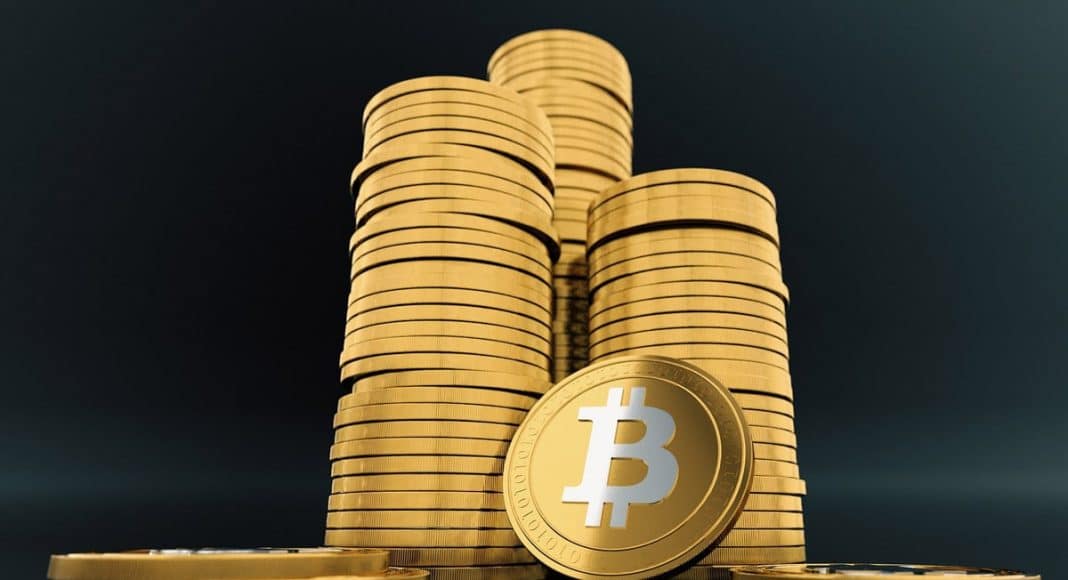You’ve heard of Bitcoin. For the past month or so, it’s all anyone can seem to talk about as opportunity to cash in on the current cryptocurrency wave. It seems like digital gold: Pay in cash, watch as its valuation rises, then cash out.
Except that was never Bitcoin’s original intention. The cryptocurrency was aimed at replacing current monetary structures to facilitate digital spending and transfers. ““I’ve been working on a new electronic cash system that’s fully peer-to-peer, with no trusted third party,” said Bitcoin creator Satoshi Nakamoto in 2008.
That “electronic cash system” was Bitcoin. Within cannabis circles, folks murmured about using Bitcoin as means to buy or sell marijuana products. Anonymous digital payments that transferred to anywhere in the world instantly that retailers could convert into cash was a tantalizing possibility.
The problem returns, however, to what Bitcoin has become in the cryptocurrency craze. It has devolved into the internet’s version of Wall Street, with cryptocurrencies like Bitcoin, Litecoin, and Ethereum the stocks everyone is snapping up. This caused those with Bitcoin currency to hold on to that stock—as it could possibly increase valuation tenfold—instead of using it to buy some grams of weed.
Another issue revolves around Bitcoin’s infrastructure. Because of its volatile nature, retailers weren’t immediately accepting it as payment for goods or services rendered. In addition, to send and receive Bitcoin, users must set up private cryptographic keys, which proved too cumbersome and confuddling for many. This allowed dozens of middle men to flood in with apps like Coinbase, or Bitcoin wallets. (The Outline has a fantastic write-up explaining Bitcoin’s perversion from its original intentions.) And since many newcomers buying Bitcoin are using bank accounts to purchase Bitcoin, they are charged exchange fees from those institutions.
-
Related Story: Bitcoin Can Make You Rich, But What Is It?
In other words, it will cost you extra cash to send the Bitcoin equivalent for payments. Medium user Jaymrs has an excellent explanation of this.
Let’s role-play a scenario where you would like to purchase a $100 bag of weed with Bitcoin in order to illustrate the difficulties:
>$100 USD cash in your hand.
>Deposit to bank account
>Purchase of Bitcoin on online exchange: minus 10% = You have $90 value of Bitcoin.
>Send Bitcoin to bud dealer: minus $8 miner fees = You sent $82 value of Bitcoin.
>Wait 1–2 hours for the transaction to confirm. = Dealer gets $82 dollars.
So either you short the dealer, or you pay extra for the same product. Bitcoin’s limitations as a peer-to-peer transaction system—or even machine-to-machine transaction system—are now transparent. Other cryptocurrencies are cropping up to fill in where Bitcoin fails, like Litecoin and IOTA. You even have cannabis-specific cryptocurrencies appearing like Cannabis Coin and the Dennis Rodman-backed PotCoin. Either could prove to be the future. But Bitcoin, for now, is not in cannabis industry’s future.


